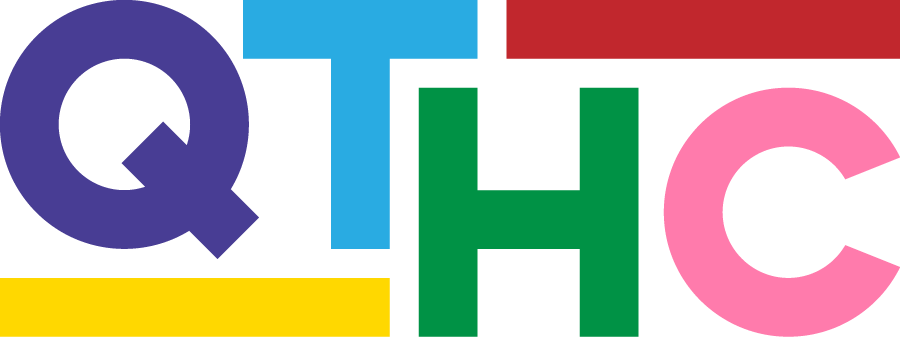Two-Spirit Resources — A list of resources from Edmonton 2 Spirit Society for learning more about 2S identity.
First Stories - Two Spirited — A short documentary by Sharon A. Desjarlais about one 2S person’s struggle against prejudice in the Indigenous community.
Indigiqueer - All My Relations Podcast — A podcast episode featuring Joshua Whitehead and Billy-Ray Belcourt discussing their creative works, their identities, how colonialism has disrupted their relationships, and more.
All My Relations Podcast — A podcast series hosted by Matika Wilbur and Desi Small-Rodriguez exploring different topics and issues faced by Indigenous people today.
Life on the rez for 4 2SLGBT Indigenous people — A 2021 CBC story about 2S/indigiqueer folks, their experiences and struggles, as they live in their First Nation communities.
(Indigenous) Governance is Gay — A written 2018 piece by Emily Riddle discussing the nature of governance and 2S, queer Indigenous identities.
ôtênaw — A short documentary featuring Dwayne Donald discussing Nêhiyawak philosophies and the multilayered histories of Indigenous peoples in amiskwacîwâskahikan.
nêhiyawak - nipiy — A 2020 shortfilm featuring Nehiyaw language and philosophy instructor Reuben Quinn sharing the importance of the North Saskatchewan River.
Métis Identity — A video discussion featuring Métis elders and community members on the nature of Métis identity.
The Black-Indigenous/Afro-Indigenous Experience — A video discussion featuring Afro-Indigenous/Black Indigenous community members on the relationships between Black and Indigenous cultural identities, notions of community recognition, artistic practice and activism.
Hair and the ties that bind — A written 2021 CBC piece by Tasha Spillett reflecting on on Afro-Indigenous identity, motherhood and the power of hair
Black on the Prairies — A CBC feature by Omayra Issa and Ify Chiwetelu exploring the history of Black folks on the prairies through the themes of Migration, Putting in Work, Black and Indigenous Relations, Politics and Resistance, and Black to the Future.
What does it mean to be Black and Native in 2020? — A written 2020 piece by Dalton Walker exploring the complex history and issues faced by Afro-Indigenous people in contemporary society.
Writing Myself into Existence: An Essay on the Erasure of Black Indigenous Identity in Canadian Education — A written 2021 piece by Etanda Arden exploring the struggled faced by Black Indigenous people to find their in history and community.
Black & Indigenous Relations Part I: A Threat to the Foundations of Settler Colonialism — Part one of a written series by Zainab Amadahy discussing the nature of Black and Indigenous relationships within a settler colonial society.
I'm Inuk, but I'm Black: Comprehending my identity as an Inuk Jamaican woman — An essay by Miali-Elise Coley-Sudlovenick exploring the nature of her multi-layered Black and Indigenous identities.
